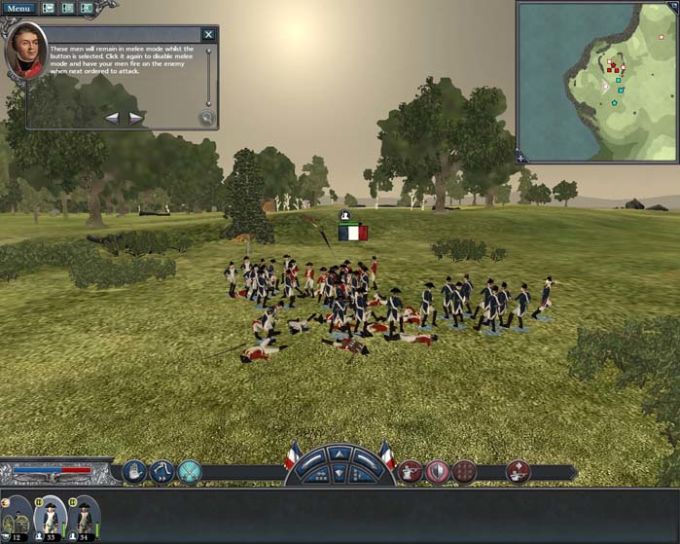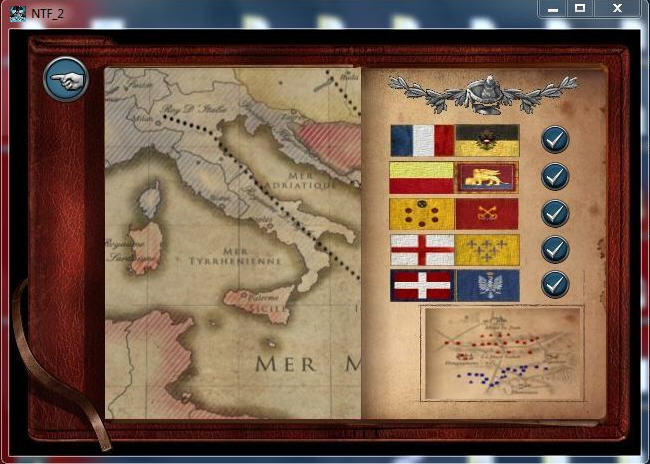

Historiography is the study of the history and method of the discipline of history or the study of a specialised topic. The Society has 2300 members, holds an annual convention, and gives out prizes for the best scholarship. Its four issues a year include scholarly articles reviews of new books, and a bibliography of new publications and dissertations. Since 1937 it has published The Journal of Military History. Īcademic historians concerned with military topics have their own scholarly organization, Society for Military History. However, military historians are frustrated by their marginal status in major history departments. Students said they found the documentaries more valuable than the dramas. Scleh, history professor at the University of Maine, has explored the advantages and problems of teaching a course of "Modern War and Its Images" entirely through films. In recent decades University level courses in military history remain popular often they use films to humanize the combat experience. Indeed, lack of interest in and disdain for military history probably constitute one of the strangest prejudices of the profession. The study of military history in universities remains seriously underdeveloped.
#NAPOLEON TOTAL WAR FIRE BY RANK PROFESSIONAL#
The 144 books in question fall into two distinct classes: works aimed at a popular readership, written by journalists and men of letters outside academic circles, and professional work nearly always produced within the military establishment. This branch of our discipline flourishes in an intellectual ghetto. In terms of the history profession in major countries, military history is an orphan, despite its enormous popularity with the general public.

Popular versus academic military history It highlights the short outbursts of rapid change followed by periods of relative stability. An important recent concept is the Revolution in Military Affairs (RMA) which attempts to explain how warfare has been shaped by emerging technologies, such as gunpowder. The dynamic nature of the discipline of military history is largely related to the rapidity of change the military forces, and the art and science of managing them, as well as the frenetic pace of technological development that had taken place during the period known as the Industrial Revolution, and more recently in the nuclear and information ages. The discipline of military history is dynamic, changing with development as much of the subject area as the societies and organisations that make use of it. When certifying military history instructors the Combat Studies Institute deemphasizes rote detail memorization and focuses on themes and context in relation to current and future conflict, using the motto "Past is Prologue." On the other hand, just war theory explores the moral dimensions of warfare, and to better limit the destructive reality caused by war, seeks to establish a doctrine of military ethics.Īs an applied field, military history has been studied at academies and service schools because the military command seeks to not repeat past mistakes, and improve upon its current performance by instilling an ability in commanders to perceive historical parallels during a battle, so as to capitalize on the lessons learned from the past. The essential subjects of military history study are the causes of war, the social and cultural foundations, military doctrine on each side, the logistics, leadership, technology, strategy, and tactics used, and how these changed over time.

Professional historians normally focus on military affairs that had a major impact on the societies involved as well as the aftermath of conflicts, while amateur historians and hobbyists often take a larger interest in the details of battles, equipment and uniforms in use. Military history is the study of armed conflict in the history of humanity, and its impact on the societies, cultures and economies thereof, as well as the resulting changes to local and international relationships.

This warrior statuette demonstrates that military culture was an important part of historical societies, c.480 BC, Staatliche Antikensammlungen. Infantry were the first military forces in history.


 0 kommentar(er)
0 kommentar(er)
